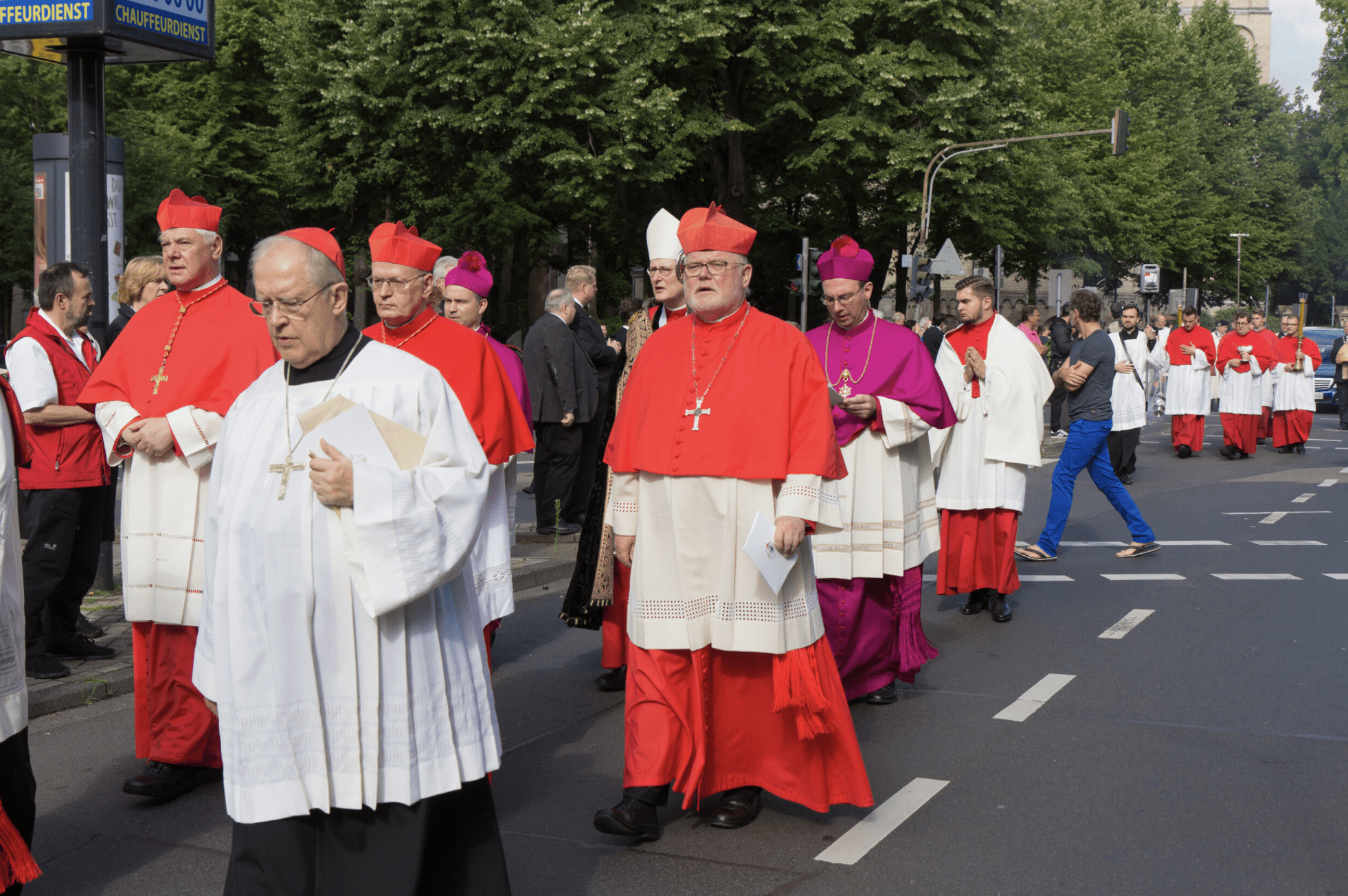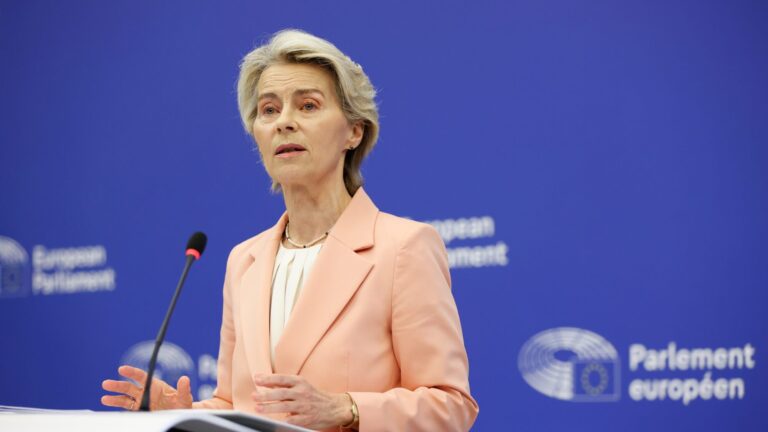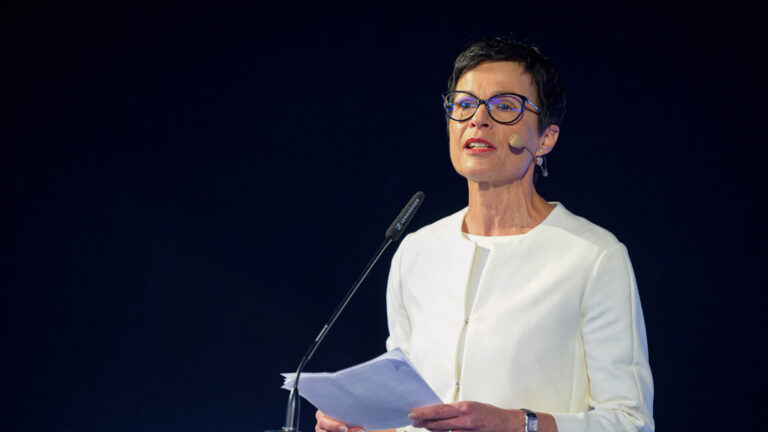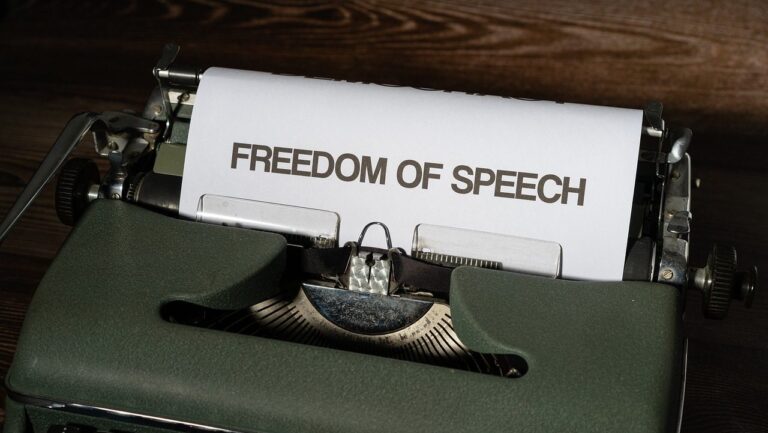The synodal path undertaken by the Catholic Church in Germany has entered its latest phase. Conceived as a response to a September 2018 report highlighting the German Church’s failings in the face of the sex abuse scandal, it has gone well beyond its initial focus, turning to address issues such as priestly celibacy and the ordination of women.
The Curia has already repeatedly expressed its concern about the positions taken by the synodal path. In January 2022, German Catholics also expressed their opposition to the conclusions published by the German bishops.
Now it is the turn of a number of bishops, archbishops, and cardinals to react. More than 70 clergymen of high-rank have sent an open letter to the German Catholic hierarchy, stating that the current synodal path in Germany leads straight to schism.
The signatories point out that the synodal path does not only involve the Church in Germany, but also the universal Church, an argument which legitimizes their public statement.
The authors of the letter list seven major points which make it possible to understand their grievances against the German approach. In particular, the synodal path is accused of undermining “the credibility of the Church’s authority,” “the morality of the Church,” and “the reliability of the Scriptures.” The documents produced by the synodal path are accused of not being based on Church Tradition and Scripture, but on contemporary theories such as gender ideology or questionable sociological analyses, whose language they adopt. The figure of Christ simply disappears from the conclusions of the German bishops.
Beyond the content, it is also the tone that is objectionable. The Synodal Path is marked by being “bureaucracy-heavy, obsessively critical, and inward-looking,” and “becomes anti-evangelical in tone.” It comes to call for purely administrative and structural changes in the Church, without ever calling for “conversion of hearts.”
The signatories insist on the deleterious impact of the German approach on the whole Church. Other countries could follow the German example, misunderstanding the meaning of “synodality,” and thus deeply undermine the unity of the Catholic Church, setting it firmly on the road to Protestantization.
Most of the signatory prelates are of American origin, with figures such as Cardinal Burke and Cardinal Salvatore Cordileone of San Francisco. But there are also many African bishops, such as Cardinal Arinze of Nigeria, the former Prefect of the Congregation for Divine Worship and the Discipline of the Sacraments.
Texas Bishop Joseph Strickland calls for prayer for the return of Germans to the truth of Christ during Holy Week. In order to open up the process to as many bishops as possible around the world, the signatories have set up an email address, [email protected]. They hope to be joined by other bishops in the coming weeks.





